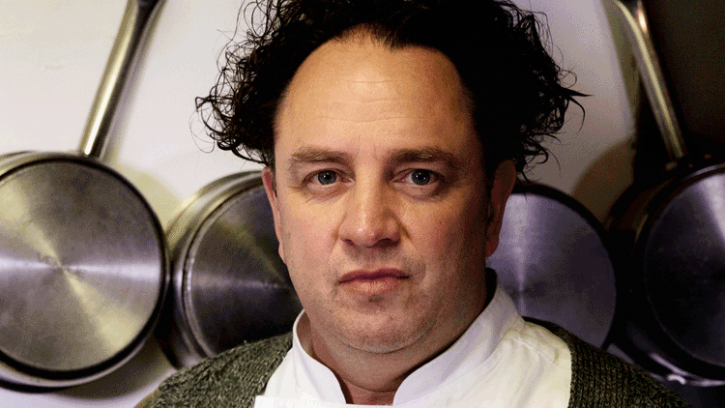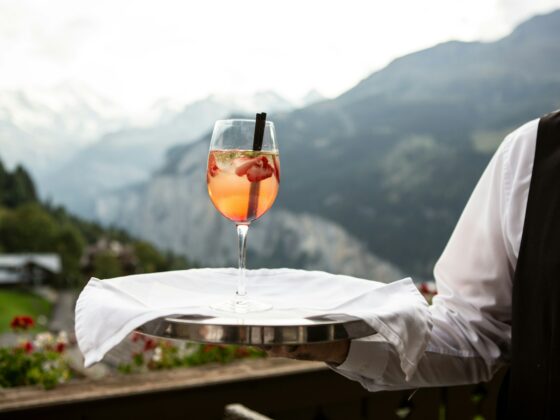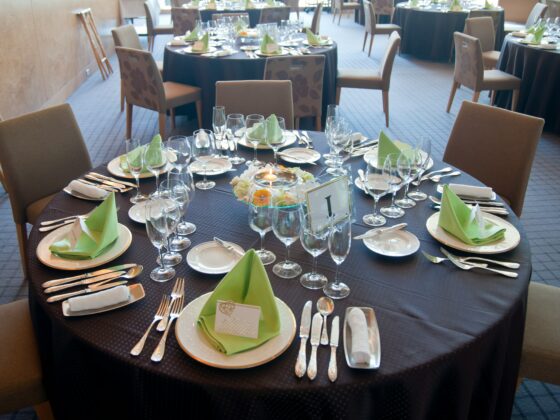
Early in my hotel operations career, I kept a sign over my desk that read, “Paralysis is the result of too many choices.” At this year’s Hotel Data Conference, as we took in the sobering news that U.S. RevPAR is down by 0.1% in 2025, those words came rushing back to me.
When times are good, your path is easy: just keep doing what’s already working. It’s when demand is down that you find yourself staring at a hundred options. Wrong choices risk making a bad situation worse. Paralysis will guarantee it.
And yet we’ve been here before. We can learn from experience.
The new RevPAR forecast breaks a five-year streak of recovery from the global pandemic. The lesson of that recovery was simple: adapt. When it rains, you move the wedding inside; when a pandemic shuts overseas travel down, you target local guests. It’s even possible to increase revenue in down times if you do what we hoteliers always do best: always focus on what matters most to your guests.
What does matter most? There are as many answers as there are guests, and their needs change constantly. It’s not enough to make an offer and see who grabs it. You have to meet your guests in the moment.
For instance, during the World Trade Center attacks of September 11, our guests were safe, but their families couldn’t know that since our hotel dashboard was jammed. Once it was clear we wouldn’t have to evacuate, my first move was to go to the phone operator’s room and clear up the lines. What mattered most to our guests at that moment was letting their families know they were all right.
Not every experience is this serious, but the principle still holds. A guest might be asking for a good table at a quiet restaurant, but their unspoken need is to kindle a new romance. Knowing this means you can build an experience around that occasion: couples spa treatments, off-menu entrees, a suite upgrade… suddenly, we’ve moved past RevPAR to total RevPAR, making the most of everything your hotel has to offer.
To put it another way: your best total revenue opportunity is already staying in your hotel. The cost of upselling an existing guest is far lower than the cost of converting to a new one, and the potential for long-term loyalty is far greater.
How does loyalty figure in? Everywhere. According to a Mews survey, 68% of guests will stay loyal to hotels that offer amazing personal experiences. 83% of Gen Z and 71% of high-net-worth guests now prefer personalization to loyalty points. Loyal guests spend more (22.4%) and stay longer (28%), and yet only 23% say they received high levels of personalization during a recent hotel stay.
Here are some ways to approach guest experience in times of crisis:
1. Think occasions, not demographics
No one thinks, “I’m a luxury traveler, I must have a luxury experience.” They’re thinking, “I want my family reunion to be special.” Adding a simple prompt like “What’s the occasion?” to booking flows helps you tailor upsells to the occasion: suite upgrades and champagne pairings for mini moons, connecting suites and private dining for multi-generation gatherings.
2. Expiring assets equal exclusive opportunities
We tend to think of expiring assets as liabilities. A room that isn’t filled by sundown is a missed opportunity. The same is true for your guest: any experience they fail to book is one they could regret missing: a room upgrade that just became available, a limousine pick-up instead of a van or a last-minute seating at the chef’s table.
3. Make AI work smarter
Too many hoteliers treat AI like A1 (as in the steak sauce): they’re pouring on too much and it’s killing the flavor. AI won’t replace your instincts, but it can help you act on those instincts more quickly. Unify your data—Customer Data Platforms (CDP), Property Management System (PMS), CRM and information from your F&B, spa and loyalty programs to create a single, unified view of your guest. Use it to predict preferences by occasion: not “affluent couples” but “retirement trips.”
4. A good time to talk about timing
Margins are thin, travel is down and your competition isn’t just other hotels: it’s everything guests could be doing with their time. Longer stays are a great way to increase your share of the guest’s time, but by no means the only one. Don’t just plan for the days, but the hours or even minutes that your guest is looking to fill. A half-day excursion, a two-hour dinner, a 30-minute massage, a quick nightcap… even the smallest block of time is an opportunity.
Meeting guests in the moment kept us going through past crises and will carry us through this one. Focus beats paralysis. Every decision you make, from the way you create your ads to the way you answer the phone, is a chance to focus attention on your guest. Do that consistently and guests will remember you not just as a room for the night, but as the people who helped them win the moment that mattered most.
Story contributed by Norma Berry, president of Veridian, a marketing agency focused on helping travel and hospitality brands.






